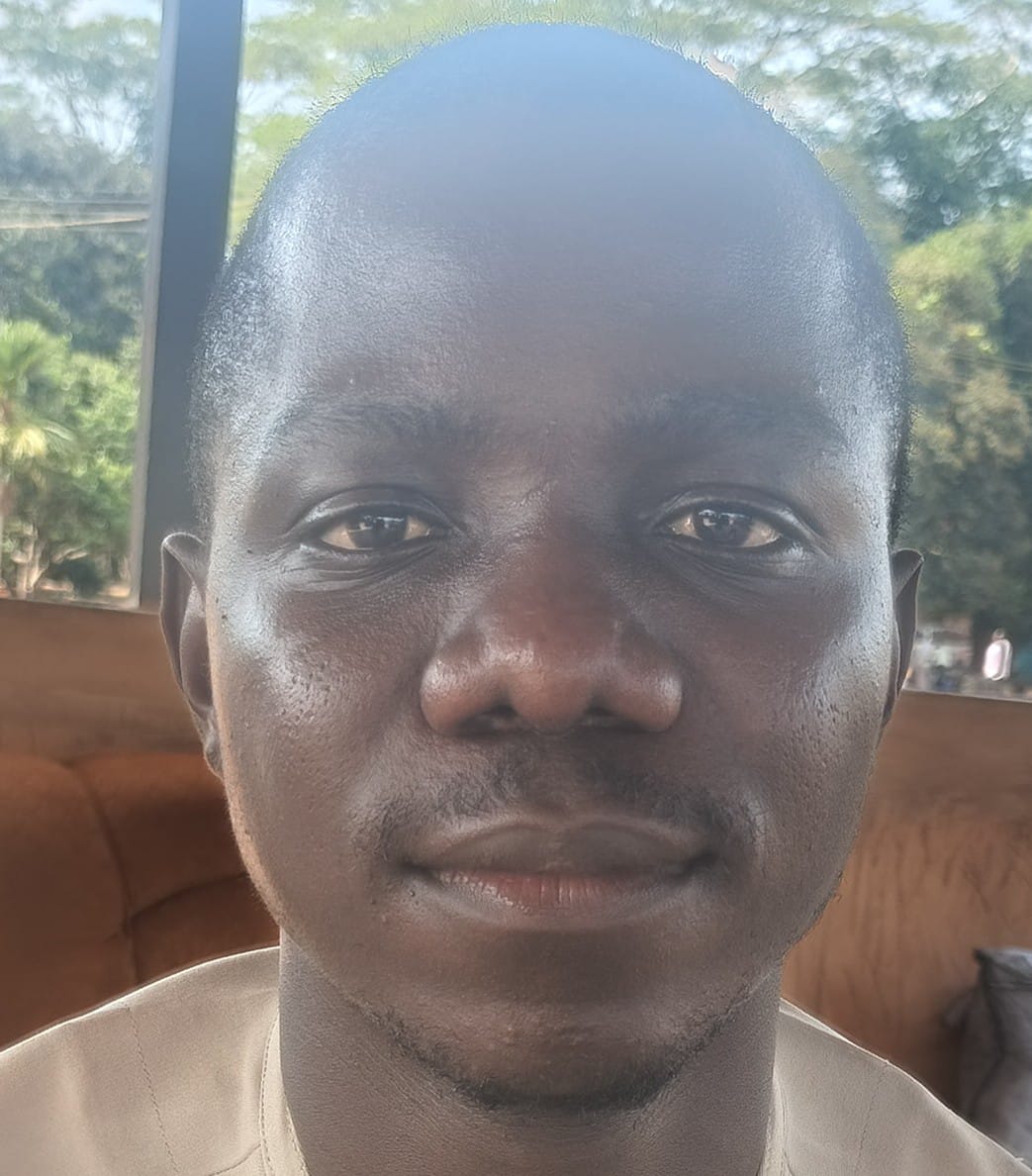The All Progressives Congress, APC, in Edo State has accused the governor of Edo State, Mr. Godwin of attempting to steal credit for the construction of the privately-owned modular refinery in Ologbo, adding that his administration lacks any achievement to show for its four-year term.
Mr. John Mayaki, Chairman, Edo APC Media Campaign Council in a press conference on Sunday challenged Obaseki to publicize the contribution of his government to the success of the project.
Explaining that the modular refinery is an FG-backed privately-funded project undertaken by the AIPCC Energy Limited in a joint venture between AFCOM and Peiyang Chemical Equipment Company of China, Mayaki said the Edo Governor, contrary to his media posture, frustrated the development of the project with his disastrous economic policies and disregard for the rule of law which have driven investors away from the State.
READ ALSO: Just In: Edo 2020: DSS Summons Kabaka, Other APC Leaders
He also challenged the Governor to name at least five projects that have emanated from the MOUs he nomadically signed in four years, stating that a Governor that failed to fulfill his own promises to build an industrial park and GeleGele seaport should not be laying claims to a private initiative to deflect blame and criticism arising from his failure.
The statement read, “As we draw nearer to September 19, the day Edo people will head to the polls to determine the leadership of the state for another four years, it has become glaring to Mr. Godwin Obaseki and his party of tax-collectors that their reign of falsehood, terror, and lackluster leadership will be brought to an end, and a new era of responsible and competent leadership under an APC government led by Pastor Osagie Ize-Iyamu will be ushered in.
“This realization, and the consequence it holds for this group of corrupt and irresponsible persons, has seen them scurrying around for survival, making truth, common sense, and decency easy casualties in their vile campaign of deceit and falsehood.
“As it stands now, no one can debate the fact that Mr. Godwin Obaseki is falsehood personified, a wrapped bag of lies that continues to give. From falsified and inconsistent academic records and credentials, the baloney has come to the point of broad daylight robbery of projects and initiatives. Today, the lie is with the Edo Modular refinery at Ologbo, a project that having been funded by both foreign businesses and the federal government, has neared completion and commissioning.”
READ ALSO: Edo Guber: Shooting At Igueben: APC Fingers Delta Gov
“And then, suddenly, Obaseki the MoU and sleeping governor emerges from his slumber, scheming to mount tape and ribbon at the site and take glory for a project he knew and contributed little to.”
To be clear, and for the records, it is important to state here that the Edo Refinery and Petrochemical Company is owned by AIPCC Energy Limited, a joint venture between AFCOM and Peiyang Chemical Equipment Company of China and was built at the cost of 10.2million dollars. The refinery will be producing diesel, Naptha, and Fuel oil (LPFO).
“The Federal Government supported the project by granting duty waivers on refinery equipment and components. The PCC, equally, is a partner to the EPC. If the Federal Government that offered tangible support which if factored in cost would amount to millions of dollars not claiming credit for the project, why is the Obaseki-administration parading the premises of the refinery, claiming to have achieved a landmark project?
“The answer is clear: the Edo State Government of Godwin Obaseki has achieved nothing for the past four years they have been at the helm. Now, then, that it has come to a period where it is important to showcase its job portfolio, the.”
READ ALSO: Edo Guber: INEC Cautions Politicians On Use Of inflammatory Languages
However, Special Adviser to Edo State Governor on Media and Communication Strategy, Mr. Crusoe Osagie, in his reaction to the accusation said the APC has been having sleepless nights because of the project.
He noted that, after being confronted with facts about the role Governor Godwin Obaseki played in the establishment of the Modular Refinery, which is nearing completion in Ologbo, Edo State.
According Osagie, “After last week’s visit of a federal government delegation to the Edo Modular Refinery in Ologbo, the APC is now clearly confused as their campaign seems to have been deflated by the stellar performance of Governor Obaseki and the near total acceptance Obaseki enjoys from Edo people.”
He stressed, “Truth will continue to dwarf and ultimately blot out falsehood and propaganda, as the Ologbo visit by the federal government delegation has just done to APC’s efforts.”
READ ALSO: Obaseki Importing Guns, Thugs, APC Alleges






















